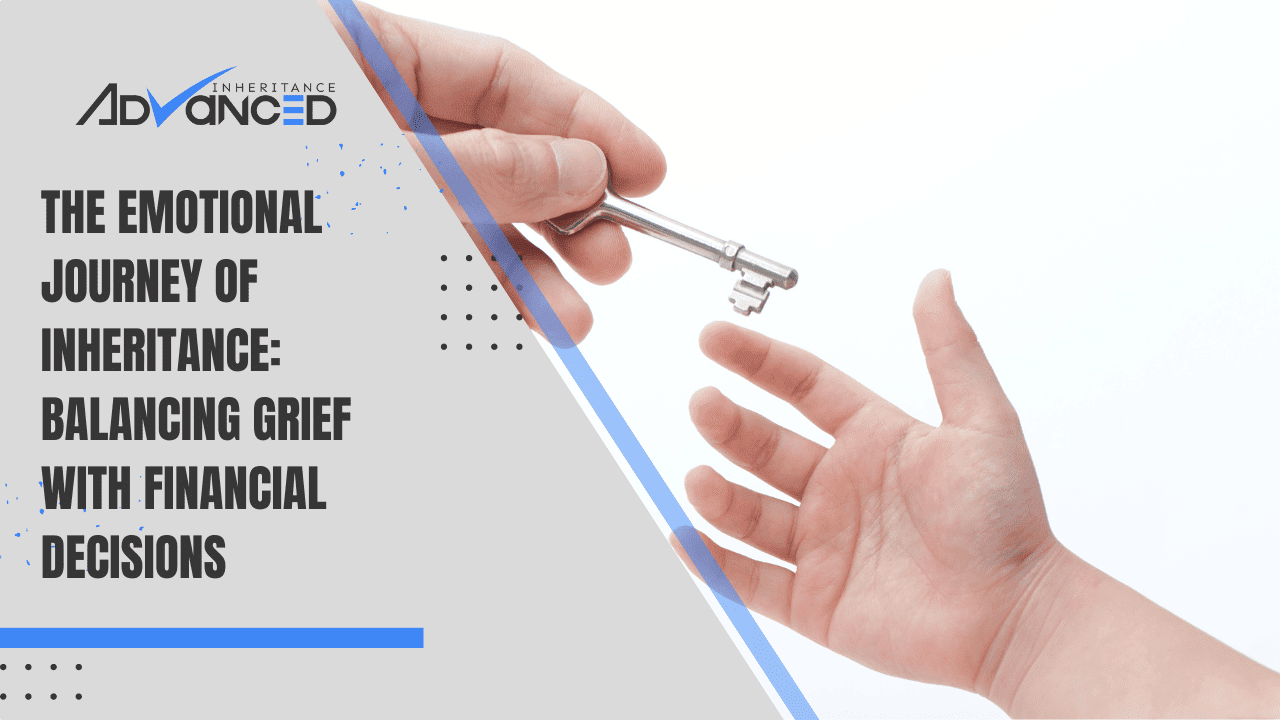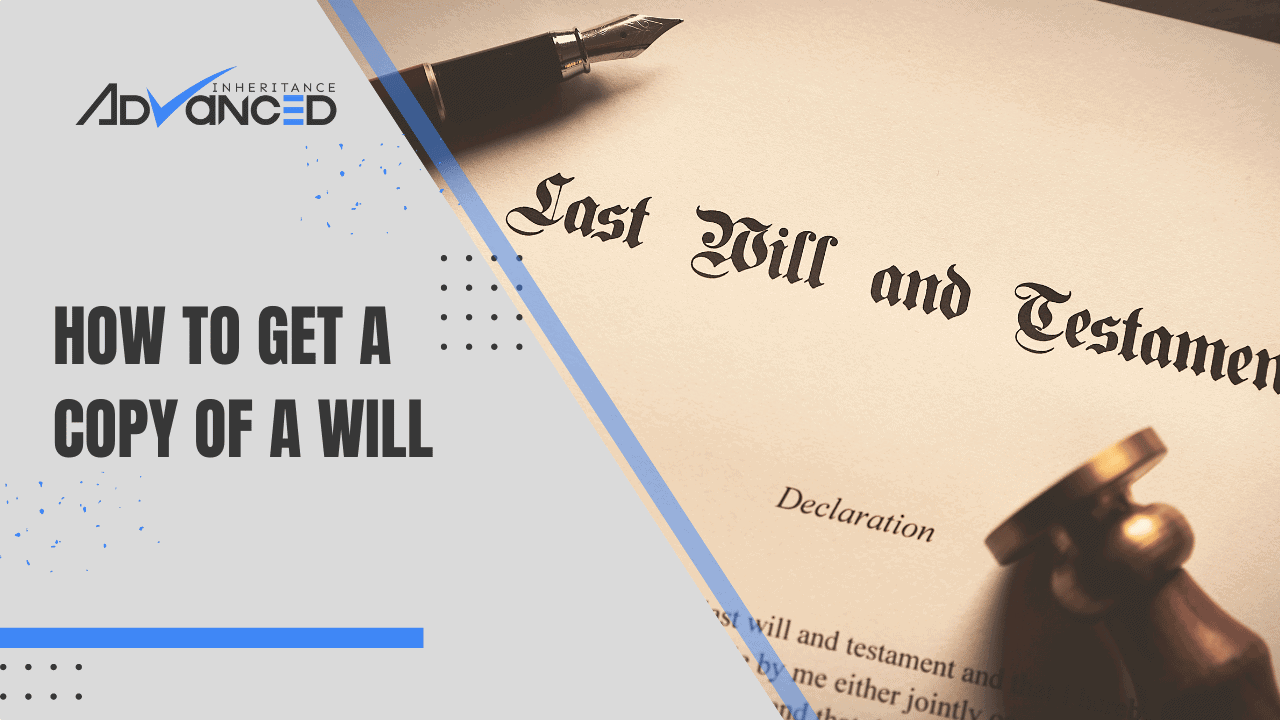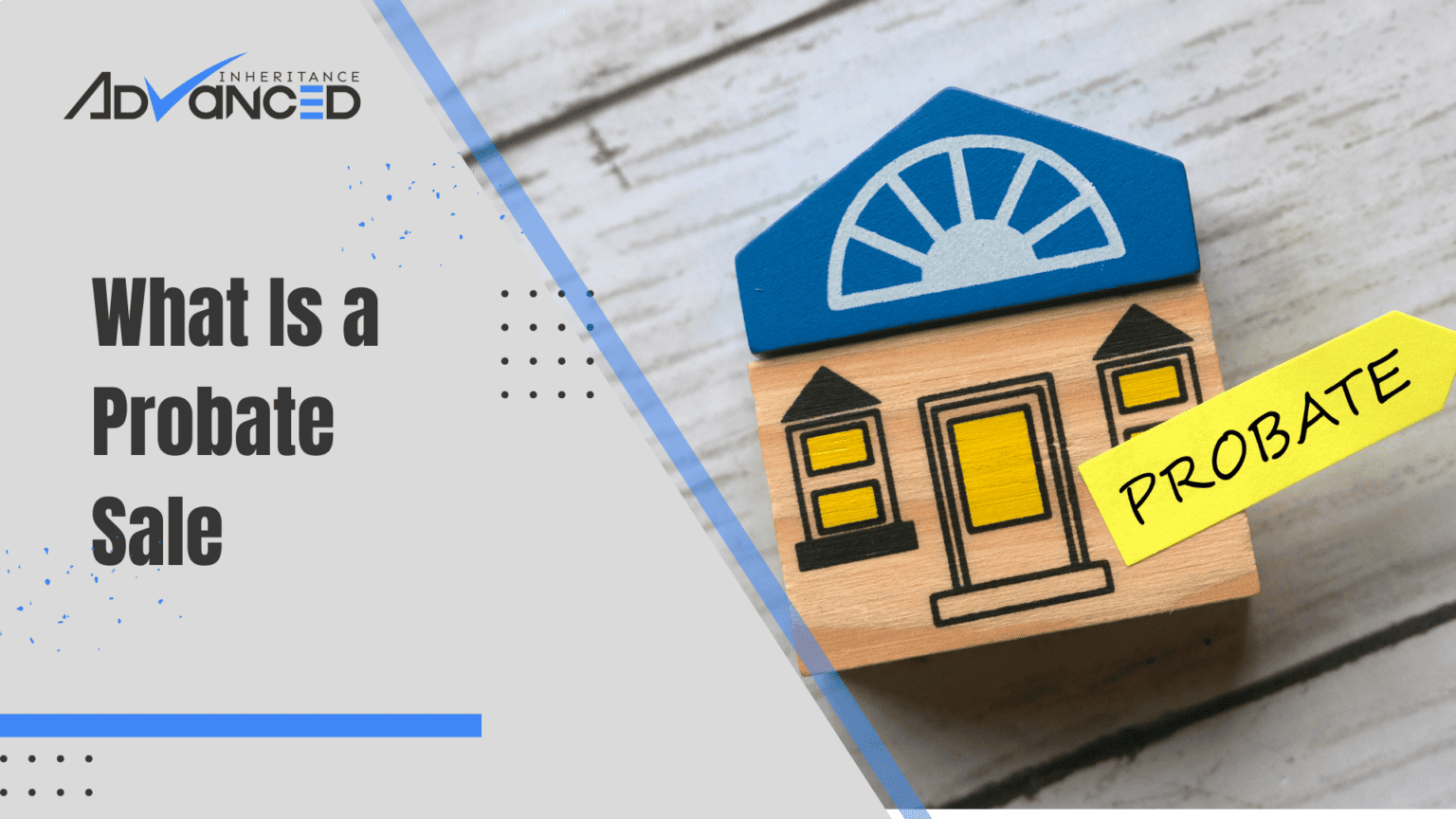When a person passes away, their assets and liabilities don’t simply disappear. Instead, they become part of what is known as the deceased’s “estate.” The process of managing and distributing this estate can be complex and time-consuming, often involving legal proceedings known as probate. During this process, the deceased’s assets are used to pay off any debts, and the remaining assets are distributed to the heirs or beneficiaries according to the deceased’s will or state law.

What is an estate account?
An estate account is a temporary bank account that is opened by the executor (the person appointed to administer the estate) after someone’s death. This account is opened in the name of the estate rather than in the name of an individual or company. The purpose of this account is to hold the deceased’s money safely during the probate process.
The estate account is used to pay any debts, taxes, or final expenses of the deceased, such as funeral costs or appraisal fees. It also serves as a place to gather the deceased’s income, such as interest, dividends, or other earnings that accrue during probate. Once all debts and expenses have been paid, the remaining funds in the estate account are distributed to the heirs or beneficiaries.
In essence, an estate account serves as the financial hub for the probate process, providing a clear, centralized view of the estate’s financial activities and making the process of managing and distributing the deceased’s assets as smooth and efficient as possible.
Understanding the Probate Process
Probate is a legal process that commences after someone’s death. It involves validating the deceased person’s will in court, identifying and cataloging the deceased person’s property, having the property appraised, paying off debts and taxes, and finally distributing the remaining property as directed by the will (or state law, if there’s no will).
Appointment of the Executor
A central figure in the probate process is the executor, also known as a personal representative in some jurisdictions. The executor is the individual named in the will to manage the estate. In the absence of a will, or if the will doesn’t specify an executor, the probate court will appoint one, usually a close relative or spouse.
The Role and Responsibilities of the Executor
The executor has a fiduciary duty, which is a legal obligation to act in the best interest of the estate and its beneficiaries. The executor’s responsibilities encompass collecting and safeguarding the estate’s assets, settling valid debts and taxes, and distributing the remaining assets to the beneficiaries.
Opening the Estate Account
The executor also has the responsibility of opening the estate account. They will need to provide the bank with a copy of the death certificate, the will (if one exists), and the court document appointing them as executor. Once the estate account is open, the executor will transfer the deceased’s assets into the account.
The Importance of the Executor in Managing the Estate
The role of the executor is pivotal in managing the estate. They serve as the primary point of contact for all matters related to the estate, and their actions can significantly influence how smoothly and efficiently the probate process proceeds. It’s a role that requires a high degree of responsibility, organization, and integrity. Therefore, it’s crucial to choose an executor who is trustworthy, capable, and willing to undertake the task.
Step-by-Step Guide to Opening an Estate Account
- Obtain the Necessary Documents: The first step in opening an estate account is to gather the necessary documents. This typically includes the death certificate of the deceased, the will (if one exists), and the court document that appoints you as the executor.
- Apply for an Employer Identification Number (EIN): The next step is to apply for an EIN from the IRS for the estate. This is a unique number that the IRS uses to identify the estate, similar to how an individual’s Social Security Number is used.
- Choose a Bank: Once you have the EIN, you can choose a bank to open the estate account. It’s often easiest to use the same bank where the deceased had their accounts, but you can choose any bank that meets the estate’s needs.
- Open the Account: To open the account, you’ll need to bring the EIN, the death certificate, and your court appointment to the bank. The bank will use these documents to open the account in the name of the estate.
The Importance of Seeking Legal Advice
While the process of opening an estate account can be straightforward, it’s always a good idea to seek legal advice, especially if the estate is large or complex. A probate attorney can guide you through the process, help you understand your responsibilities as executor, and ensure that you’re complying with all relevant laws and regulations.
An attorney can also help you navigate any potential issues or complications that may arise, such as disputes among beneficiaries or claims from creditors. By seeking legal advice, you can ensure that the estate is managed effectively and efficiently, reducing the potential for legal issues down the line.
Reasons to Open an Estate Account
Easier Access to Funds
One of the primary reasons to open an estate account is that it simplifies the management of and access to the deceased’s assets. Instead of dealing with multiple accounts in different banks, all assets are consolidated into one account. This makes it easier for the executor to manage the estate’s finances, pay bills, and distribute assets to beneficiaries.
A Place to Deposit Payments
An estate account also provides a centralized location for depositing any payments made to the deceased person after their death. This can include things like residual income, dividends, or even tax refunds. By having a dedicated account for these funds, the executor can ensure that all income is accounted for and properly distributed.
Simpler Record Keeping
Record keeping is a crucial part of managing an estate, and an estate account can greatly simplify this process. All financial transactions related to the estate—both incoming and outgoing—can be tracked through a single account. This not only makes it easier to keep track of the estate’s finances, but it also provides a clear record for beneficiaries and for the court, if necessary.
No Commingling of Funds
An estate account helps to prevent the commingling of the executor’s personal funds with the estate’s funds. This is important because it ensures that the executor is acting in the best interest of the estate and its beneficiaries, and it protects the executor from potential liability.
Protect the Estate
Finally, an estate account can help to protect the estate’s assets. By consolidating all assets into a single account, the executor can more easily monitor and manage the estate’s finances. This can help to prevent fraud or misuse of funds, and it ensures that all assets are distributed according to the deceased’s wishes or state law. In this way, an estate account plays a crucial role in ensuring a fair and transparent probate process.
The Impact of an Estate Account on Probate Estate Assets
An estate account plays a pivotal role in the probate process. It serves as the central hub for all financial transactions related to the estate. This includes the collection of the deceased’s assets, the payment of any debts and taxes, and the distribution of the remaining assets to the beneficiaries. While having an estate account doesn’t eliminate the need for probate, it does make the process more organized and manageable.
Simplifying and Expediting the Probate Process
By consolidating all of the estate’s assets into a single account, an estate account can significantly simplify the probate process. It provides a clear, centralized view of the estate’s financial activities, making it easier for the executor to manage the estate’s assets and liabilities. This can expedite the probate process, as it allows for more efficient payment of debts and distribution of assets.
Moreover, an estate account can also help to expedite the probate process by providing a clear record of all financial transactions related to the estate. This can be particularly useful if the probate process is contested or if there are disputes among the beneficiaries. By providing a clear, transparent record of the estate’s financial activities, an estate account can help to resolve disputes more quickly and ensure a fair and equitable distribution of the estate’s assets.

Recap of the Importance of Opening an Estate Account
In conclusion, opening an estate account is a crucial step in the probate process. It simplifies the management of the deceased’s assets, provides a centralized location for depositing payments, simplifies record keeping, prevents the commingling of personal and estate funds, and helps protect the estate’s assets. By consolidating all of the estate’s financial activities into a single account, an estate account can make the probate process more efficient and transparent, ensuring a fair and equitable distribution of assets to the beneficiaries.
Encouragement to Seek Professional Help
Managing estate and probate matters can be a complex and challenging task, particularly during a time of grief. However, remember that you don’t have to navigate this process alone. The professionals at Inheritance Advance are here to provide the guidance and support you need. With their expertise in estate management and probate processes, they can help you understand your responsibilities as an executor, navigate any potential issues or complications, and ensure that you’re complying with all relevant laws and regulations. Don’t hesitate to reach out to the team at Inheritance Advance when dealing with estate and probate matters—it can make a significant difference in ensuring a smooth and efficient probate process.









